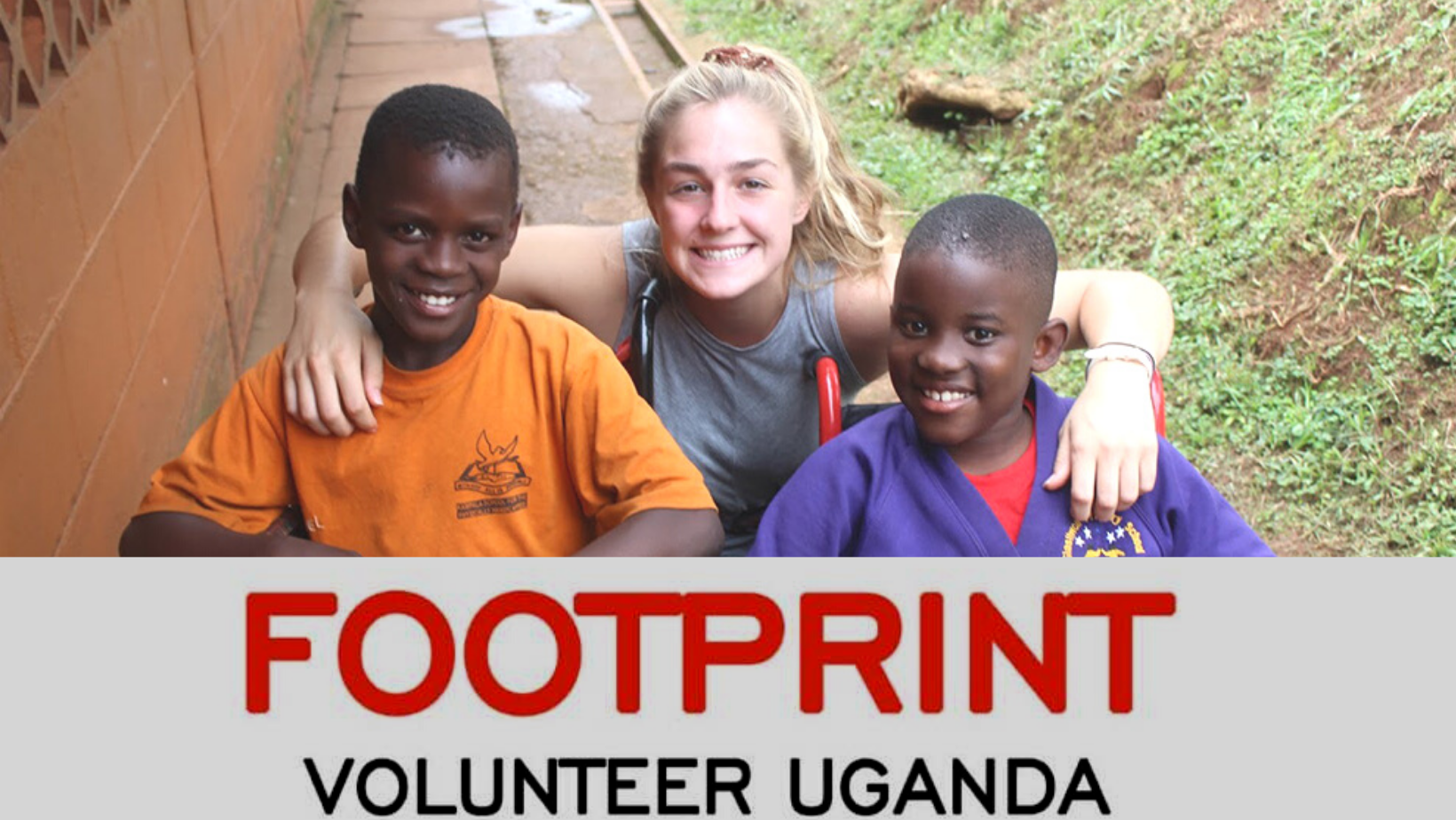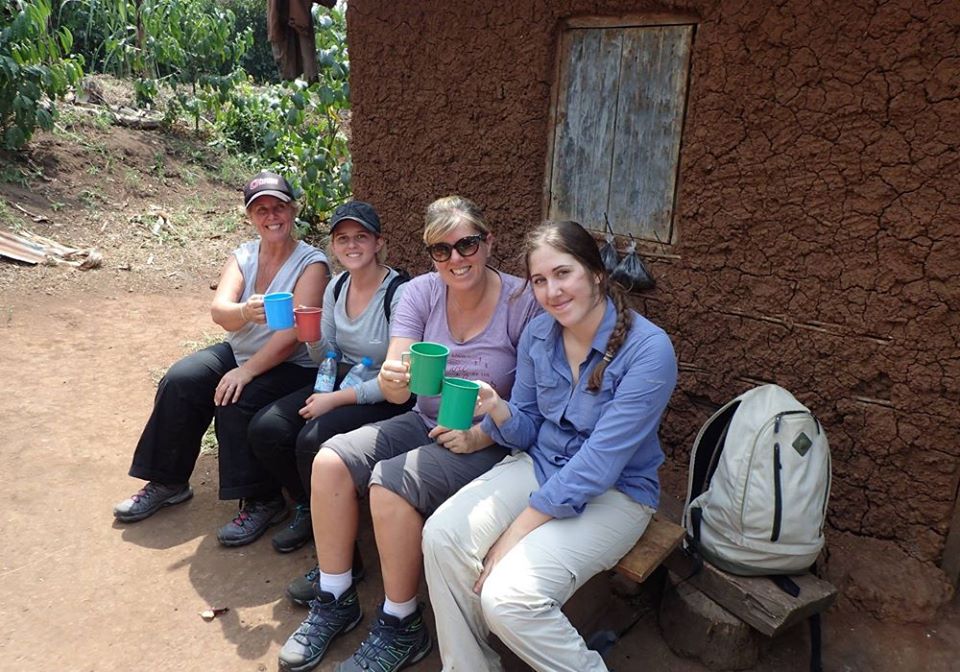Volunteerism is a form of helping in which people actively seek out opportunities. To assist others in need, make considerable and continuing commitments to assist. And sustain these commitments over extended periods, often at considerable personal cost. Several features mark it as a distinctive form of helping. Unlike the helping that occurs spontaneously in response to emergencies, volunteers typically seek out opportunities to help. Unlike the obligated helping that occurs in the context of ongoing relationships. Volunteers typically do not know those they help in advance and have no prior bonds of obligation to help them.
To understand the psychology of volunteerism, researchers have identified diverse personal and social motivations served by volunteering. Have developed inventories to assess these motivations, and explored their role in the processes. By which people initiate and sustain their involvement in voluntary helping. Theoretically, the study of volunteerism is informative about forms of helping that are playful, sustained. And that occurs in the absence of bonds of obligation. Practically, it can inform the practice of volunteerism. Specifically, the ways that organizations can enhance the recruitment, placement, and retention of volunteers.
CONSEQUENCES OF VOLUNTEERISM
Research on the consequences of volunteerism has considered its effects on the volunteers themselves. The recipients of volunteer services, and the wider community. Snyder and Omoto (2008) review outcomes that include changes in attitudes and knowledge. Improved health and subjective well-being, changes in behavior, and the establishment of community bonds. For example, studies of volunteers who work with people living with HIV/AIDS have revealed that such volunteerism leads to increases in knowledge of safer sex practices, reductions in stereotypical beliefs about individuals with HIV/AIDS, and increases in comfort in discussing issues relevant to
HIV/AIDS. Studies of consequences in other volunteer domains have found increases in volunteer self-esteem, self-efficacy and confidence, and even improved academic achievement. In addition, volunteering has been linked to positive health outcomes for volunteers, including increased optimism and longer life, and has been linked to higher subjective well-being for those volunteers who have experienced past traumatic life events. 
As reviewed by Snyder and Omoto (2008),
the benefits of volunteering extend to the actual recipients of volunteer service. And to the organizations through which volunteers serve. For example, individuals living with HIV/AIDS who have a volunteer providing companionship. And home help has been shown to have better psychological functioning as compared to those without a volunteer companion. However, more research needs to be conducted on the impact of volunteer help on aid recipients, to determine. For example, whether receiving volunteer assistance might be threatening to recipients’ self-esteem or self-efficacy. More research is also needed on the positive impacts of volunteerism on service organizations. To build upon the aforementioned economic benefits to organizations and the growth of social capital.
The building of community bonds and social networks occurs for volunteers, help recipients. And a member of the organizations through which volunteers serve (Omoto and Snyder, 2010). These community bonds have been linked to not only volunteer behavior maintenance but also the willingness of community members. To engage in other efforts aimed at improving the quality of life for the community. Including the amount of money donated in support of causes, attending fund-raisers, and engaging in civic and political activism. In addition, these social networks increase the overall effectiveness of volunteers. As well as serve as means to recruit future volunteers.
Thus, psychological research on the consequences of volunteerism has documented benefits for individual volunteers. The recipients of volunteer services, the organizations through which volunteers serve, and the wider community. For volunteers and recipients, these include health and psychological benefits, as well as increased social capital. For organizations and communities, the benefits include the improved capability to address problems. And the ability to keep volunteers involved for longer periods.




